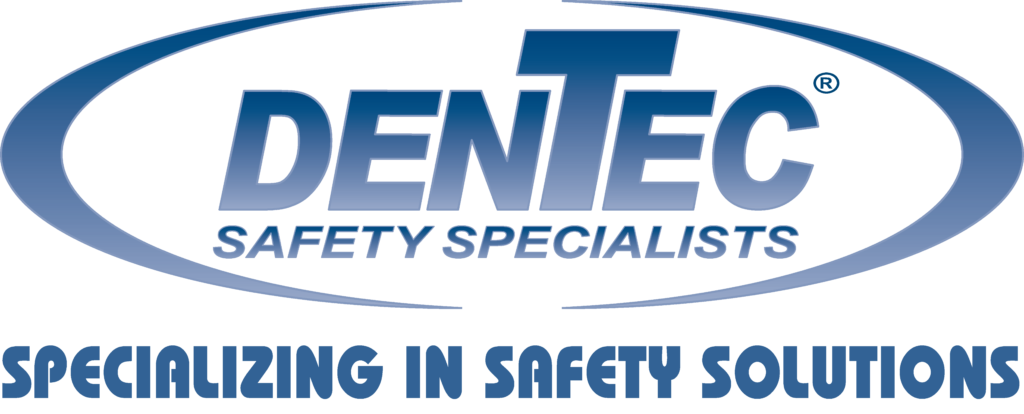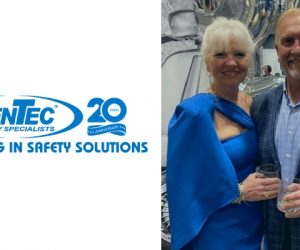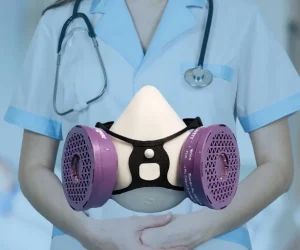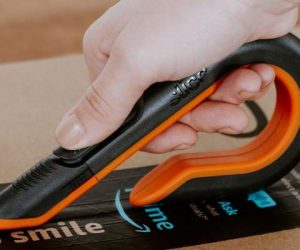Summer is officially here which also means vacation season has begun for most Canadians. Many of us wait all year for these warmer months to head up North to the lake or cottage, to camp, hike and enjoy the great outdoors. Whether you’re planning your summer holidays or sending your kids off to camp, what’s usually at the top of the packing list? Sunscreen and bug spray. You may be wondering if a sunscreen/ bug repellent combo product exists, however here’s what you need to know about the underlying issue of combining sunscreen and insect repellent.
Why You Can’t Combine Sunscreen and Insect Repellent in Canada
Although combining sunscreen and bug repellent into one convenient product seems like a great idea, it’s actually problematic and here’s why:
- The most important reason is that the way you are intended to use sunscreen vs. insect repellent greatly differ. Most insect repellents contain DEET (N,N-Diethyl-meta-toluamide), and Health Canada recommends that you should limit how much DEET you put on your skin. Health Canada also limits the maximum allowable percentage of DEET that a product can contain is up to 30%. On any bug spray labelling claims, it must state to use DEET repellents sparingly (every 3 to 6 hours and no more than 3 times a day), unlike sunscreen which is meant to be applied often and liberally (every 2 hours). So, you cannot have these two contradictory statements on one product package, nor would a combo product be safe and effective for either application.
- Insect repellents should not be applied to the face and Health Canada also advises that children younger than 12 should NOT use a product with DEET on a daily basis for more than a month.
- The ingredients in bug sprays can reduce the effectiveness and protective properties of the sunscreen formulation. Likewise, the sunscreen could increase the absorption of DEET and other chemicals from the insect repellent into the body.
Is DEET Safe?
Despite mixed information, YES DEET is safe and approved for use both by Health Canada and by the U.S Environmental Protection Agency.
According to the article in Time: DEET Is the Most Effective Bug Spray. But Is It Safe? | Time
Experts who have studied DEET say it’s safe. “There are no significant health risks when using DEET repellents in the general population, either [in] adults or children,” says Jeffrey Bloomquist, a professor of insecticide toxicology at Florida.
If you would prefer to avoid DEET altogether or need an alternative for kids, look for insect repellents that contain Icaridin instead. Icardin is Health Canada approved and repels mosquitoes and ticks and can be applied to children 6 months and older.
Explore Dentec’s complete line of SkeetSafe products available with DEET or Icardin in a variety of sizes and solutions.

If you plan on spending time outdoors and don’t have access to bug spray or insect repellent be sure to keep a tick removal tool to decrease your risk of tick bites and Lyme disease.
Check out: Ticks, Tick Bites & Tick Removal: How to Protect Yourself This Summer
Which One Should I Apply First? Sunscreen or Bug Spray?
You should always apply sunscreen first because it is meant to be absorbed into your skin and provides that protective base, whereas bug spray emits a vapour off your skin and that’s what irritates the insect and keeps them away. If you put on insect repellent first, the sunscreen will keep the vapour in and therefore not provide the same level of protection from the sun.
The Biggest Misconception Around Sunscreen and SPF
One of the biggest misconceptions around sunscreen is that a higher SPF will provide you with better protection, but that’s incorrect. A higher SPF doesn’t give you better protection from the dangers of the sun, it just gives you the same amount of protection only longer.
SPF is relative to how quickly you burn without sunscreen on, so an SPF 30 gives you 30 times the duration you would otherwise burn unprotected.
An SPF of 30 is ideal because it will give you 97% protection from UVA, UVB and UVC, and it’s important to use a broad-spectrum brand like Dentec Sunscreen because it covers all.
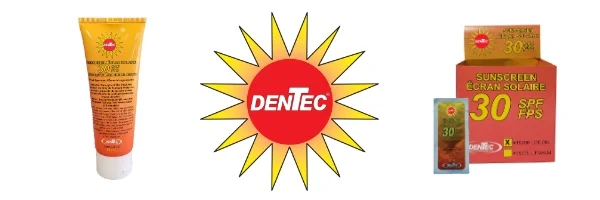
If you go up to a higher SPF like 50 or 60 you are getting 98% protection (only 1% higher than 30 SPF), which is a great marketing ploy because these products are more expensive, and users think they are getting a higher level of protection. Any Health Canada approved sunscreen will state on the label to reapply every 120 minutes (2 hours), so why would you need an SPF higher than 30? Think about it.
This misconception around SPF ratings is why the Canadian Dermatology Association has not seen any noticeable decreases in skin cancer rates. Users are assuming their SPF 50 + sunscreen is keeping them safer and they are not reapplying. In fact, according 2021 stats, melanoma is among the types of cancer that continue to increase annually.
When it comes to sunscreen the most important thing is to apply regularly.
Learn more about SPF and how much you really need check out this great video:
For information on Skin Protection , contact one of our Safety Specialists or call us at 888-533-6832.
Dentec Safety is a leading manufacturer and distributor of safety products in the North America since 2004. Dentec Safety is dedicated to providing the highest quality safety products and solutions delivering enhanced value and comfort. Our expertise from decades of experience in Industrial Safety and our innovative design technologies have solidified us as thought leaders in the field. Protection and comfort are at the core of everything we do at Dentec. As a leading manufacturer of Safety Solutions, it is our mission to help organizations do the right thing, keep their employees safe and exceed Industry Health & Safety Standard.
